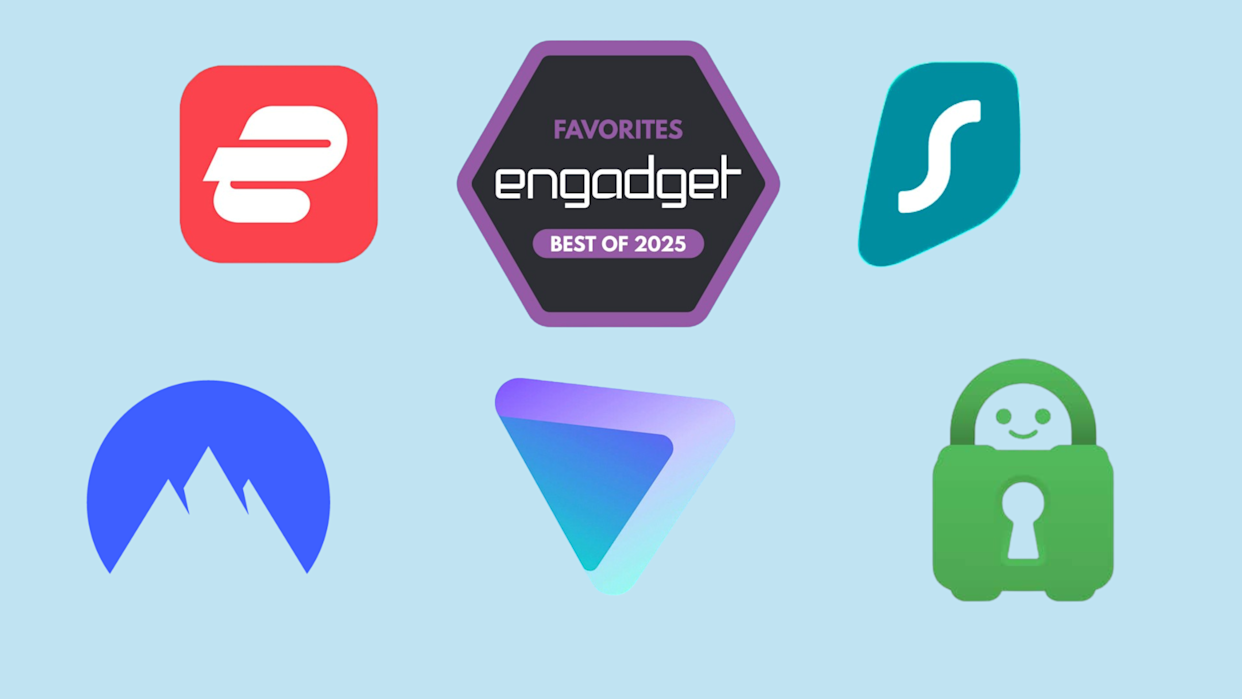
Is Using a VPN Safe in 2025? The Truth About VPN Security, Risks, and How to Stay Protected
In 2025, with cyber attacks up 15% and data breaches costing victims an average of $1,000, your online life feels like a tightrope walk. Enter VPNs: Those handy apps promising encrypted tunnels to hide your browsing from hackers, ISPs, and nosy governments. But amid the hype—2 billion users worldwide—comes the big question: Is using a VPN safe? Or could it backfire, exposing you more?
The short answer? Yes, using a reputable VPN is safe and boosts your security, but free or shady ones can be a trap, riddled with malware or data leaks. Drawing from fresh 2025 reports and audits, this guide unpacks the realities: Benefits that make VPNs a must, risks to dodge, and how to choose a fortress like NordVPN. By the end, you’ll know if it’s right for you—and how to lock it down. Let’s demystify and secure your surf.
Yes, Using a VPN Is Safe—Here’s Why It Protects You in 2025
At their core, VPNs reroute your internet through an encrypted server, scrambling your data into unreadable code (think AES-256, military-grade stuff) and masking your IP address. This isn’t sci-fi—it’s proven: 61% of Americans use VPNs for general security, cutting identity theft risks by shielding traffic from public Wi-Fi snoops.
Key safety wins:
- Encryption Armor: Blocks hackers on hotspots—essential as 81% of users tap public networks weekly. No more stolen logins mid-coffee run.
- ISP & Tracker Dodge: Hides your activity from bandwidth-throttling providers or ad networks, reclaiming privacy in a surveillance-heavy world.
- Global Access Without Fear: Unblocks content safely, bypassing censorship in places like China—where VPNs are legal for expats but risky without obfuscation.
- No-Logs Assurance: Audited policies mean providers can’t spill your data, even under subpoenas—as proven in real cases.
Bottom line: For everyday browsing, streaming, or remote work, a solid VPN makes you safer online, not riskier. Experts agree: It’s like a digital seatbelt in 2025’s threat landscape.
The Risks: When Using a VPN Isn’t Safe (And How to Spot Them)
Not all VPNs are created equal—some are outright dangerous. A 2025 study flagged that many providers skimp on security, collecting location data or injecting ads, especially in authoritarian hotspots where trust is low. Free VPNs? 38% harbor malware, per research—turning your protector into a predator.
Common pitfalls:
- Data Logging Traps: Shady services store your activity, handing it to authorities or selling it—bypassing the “private” promise.
- Vulnerabilities Spike: Ransomware targets VPNs as entry points, with exploits up in 2025—legacy protocols like PPTP are sitting ducks.
- Freebie Fiascos: They monetize by logging or ads, lacking kill switches to prevent leaks during drops.
- Legal Gray Areas: Safe in the US (100% legal), but banned in China or Russia—using one there risks fines or worse.
Value alert: VPNs aren’t bulletproof—they won’t stop phishing or malware on your end. Pair with antivirus for full coverage, as one X user noted in a 2025 thread: “Antivirus vs VPN: Both essential for digital safety.” If you’re in a high-risk spot, like evading UK age-verification laws, VPNs help bypass blocks—but choose wisely to avoid detection.
How to Choose a Safe VPN: Your 2025 Checklist
Spotting a secure VPN boils down to transparency and tech. Avoid hype—vet with audits and features. Here’s a quick guide based on 2025 expert picks.
| Safety Factor | What to Look For | Red Flag Example |
|---|---|---|
| Encryption | AES-256 + WireGuard/OpenVPN | Weak protocols like PPTP |
| No-Logs Policy | Independently audited (e.g., Deloitte) | Vague “minimal logging” claims |
| Jurisdiction | Privacy havens like Panama/Switzerland | 14-Eyes countries (US, UK) |
| Kill Switch | Always-on to block leaks | None or unreliable |
| Speed/Servers | 5,000+ in 50+ countries, <10% loss | Crowded, slow networks |
| Price | $3–$12/month; 30-day refund | “Free” with ads |
Pro tips for max safety:
- Audit Hunt: Check for third-party verifications—NordVPN’s passed multiple in 2025.
- Test Leaks: Use ipleak.net post-setup—no DNS/IP slips.
- Obfuscation On: For censored regions, enable to hide VPN use.
- Update Religiously: Patches fix emerging vulns—auto-enable.
- Layer Up: VPN + password manager = unbreakable combo.
Follow this, and your VPN becomes a vault, not a vulnerability.
Why NordVPN Is the Safest VPN Choice for 2025
After sifting 2025 rankings, NordVPN stands out as the gold standard: Audited no-logs, RAM-only servers (data wipes on reboot), and obfuscated tech that fools even strict firewalls. WIRED and PCMag crown it top for security, with zero major breaches and speeds up to 950 Mbps—no throttling worries.
Why It’s Your Safe Bet:
- Fortress Features: Double VPN for extra encryption; Threat Protection zaps malware.
- Proven Track Record: Handled subpoenas with nothing to hand over—transparency wins.
- User Buzz: X threads praise it for bypassing blocks safely, like UK safety acts.
At $3.39/month (2-year plan) with a 30-day money-back, it’s low-risk high-reward. Secure your world now: Get NordVPN today and enjoy 4 months free—peace of mind, delivered.
Final Take: VPNs Are Safe—If You Pick Right. What’s Your Move?
Using a VPN in 2025 is safe and smart for most, fortifying your digital life against everyday threats. Skip the freebies, vet your provider, and layer defenses—you’ll sleep better knowing your data’s under wraps.
VPN user or skeptic? Share your safety story or biggest worry in the comments below; let’s build a safer net together. Stay vigilant!
Insights from October 2025 sources; all views independently verified. Affiliate links support Ziflite.tech at no extra cost to you.



